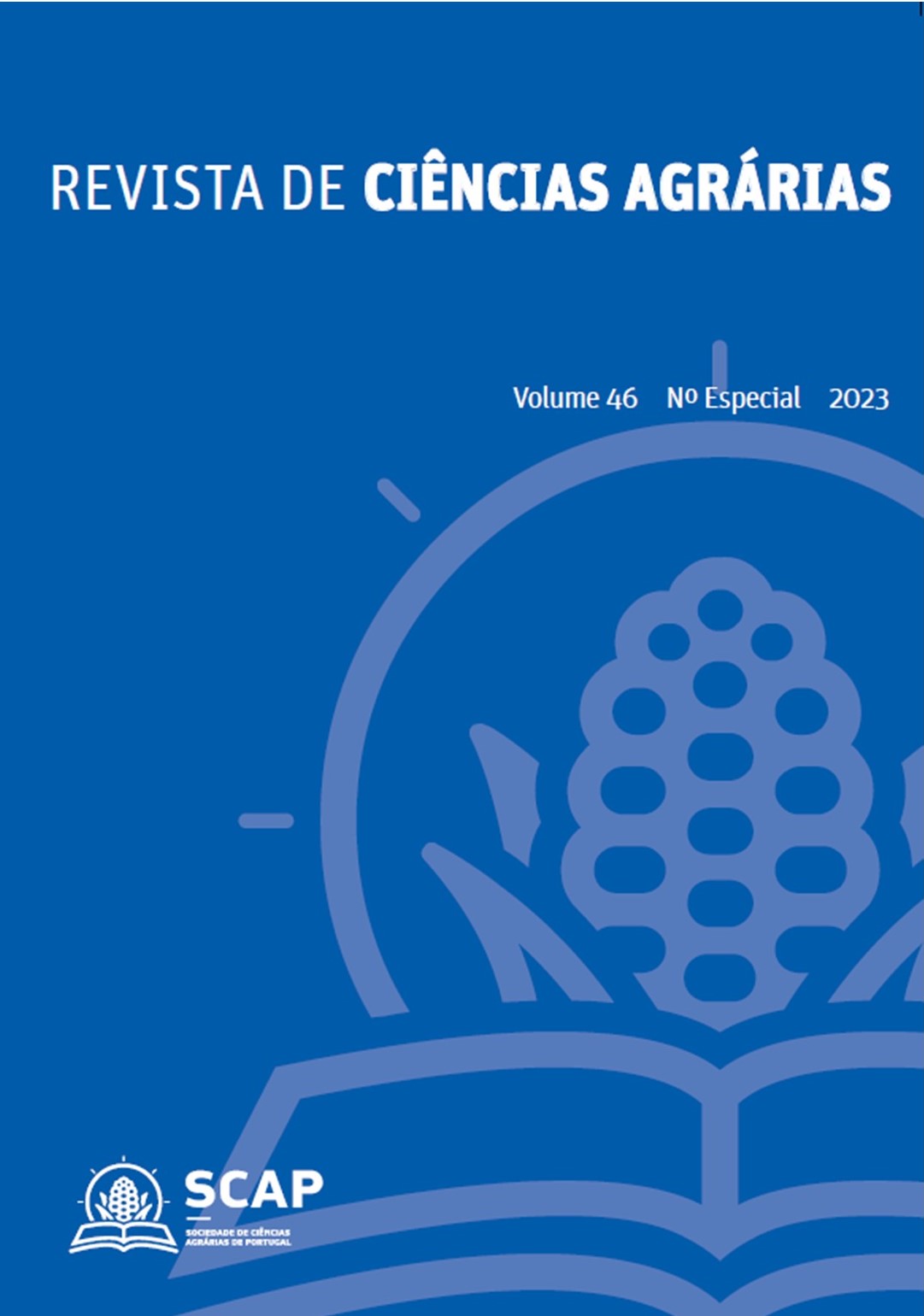The effect of winery waste compost with other feedstocks on lettuce growth during the winter
DOI:
https://doi.org/10.19084/rca.33399Abstract
The production of horticultural crops with compost application decreases at low temperatures due to reduced rates of photosynthesis and soil N mineralization. In this work, the lettuce response to the application of composts with grape marc and grape stalks mixed with cattle manure, vine pruning chips or shredded maize straw in the volume proportion of 50%:50% was assessed during the winter. The pot trial was conducted inside a greenhouse as a randomized block design with 4 blocks and 12 treatments including: (i) 3 composts with 3 levels (5, 10 and 20 t ha-1 MS); (ii) mineral N fertilizer at the rates of 30 and 70 kg ha-1; and (iii) a control treatment without soil fertilizers. During the winter (average temperature = 10.6 °C) the lettuce fresh weight increased with the application of compost of grape marc and grape stalks with cow manure in comparison to the other two composts, because it had lower C/N ratio (15) and higher N content (26.5 g kg-1) promoting lettuce N mineralization and availability.


